At some point in your professional life, you may need to work in a different career field. Your current profession does not align with your long-term goals or offers stability. And you no longer find it rewarding. Having reached this outlook, it becomes apparent that you should switch profession, company, industry, or all three.
Not knowing how to approach this feat may overwhelm you to the point you hit a standstill. But, as with any case of procrastination, an unexpected curved ball forces you to shift gears in motion.
COVID-19 pandemic was that as it compelled many Americans to reexamine their career. The United States Bureau of Labor Statistics reported that the unemployment rate was 6.3 percent, and there were 10.1 million persons unemployed. These January 2021 measures were dramatically higher than pre-pandemic levels in January 2020 (3.6 percent and 5.9 million, respectively). Jobs considered nonessential or linked to closing businesses attributed to the rise in labor turnover, hitting particularly service industries and occupations.
This alarming yet familiar news communicated to Americans confirmed what to expect during a recession. The Nation’s recovery response would not necessarily be swift and adequate, but slow and frustrating. While the economy and labor market set out to reach pre-pandemic growth, you too can adjust your career path for long-term success and growth.
To help you get started, here are actionable tips for making a successful career pivot:
Identify career interests. You first create an itemized list of your skills and decide which ones excite you the most. As you discover careers requiring your preferred skills, you match and rank them by your personality, core values, interests, and goals.
Research job titles and job descriptions from different companies and industries using job listings, alumni career centers, or other related websites. (LinkedIn, ZipRecruiter and Indeed can help you with exploring careers.)
Keep a digital copy of job positions for reviewing and meeting qualifications.
Acquire (or enhance) skills. You can assess which degree program, certification, or license to pursue based on job descriptions, informational interviews, and other trusted sources.
Make sure post-secondary institutions and programs are accredited by accrediting agencies or stated approved agencies recognized by the United States Department of Education via https://ope.ed.gov/dapip/#/home.
Verify certifications by name, organization, profession and industry using CareerOneStop’s certification finder via https://www.careeronestop.org/Toolkit/Training/find-certifications.aspx. (CareerOneStop is sponsored by the United States Department of Labor.)
Find licenses by name, licensing agency, occupation and location at CareerOneStop via https://www.careeronestop.org/Toolkit/Training/find-licenses.aspx?&location=US.
Practice new skills at work or organizations you volunteer for experience and references.
Boost professional brand. Your professional identity communicates your interests, experience, skills, accomplishments, and more. Potential employers can refer to LinkedIn, social media or other sources to gauge whether you are a company fit. Also, cold contacts are more likely to partake in an informational interview.
Leverage your LinkedIn profile to promote your knowledge, skills, abilities and affiliations for opportunities and networking.
Craft your social media presence to announce professional tips and techniques, industry trends, events, and other relevant information.
Create a website for your professional bio, publications, headshot, and so on. (WordPress and Squarespace are popular platforms for building websites.)
Request an informational interview. The LinkedIn search engine is a great tool to identify professionals working in your area of interest so that you can learn more about day-to-day responsibilities, career paths, inside knowledge, industry, hiring process, and so forth. You are not asking for a job when you first meet but rather input.
Research the company before constructing open-ended interview questions; circle back with updates regarding the outcome of taking their advice.
Avoid the black hole of online applications by maintaining win-win relationships with experts from prospective companies. (Candidates with an employee referral are more likely to secure an interview than those without one.)
Speak with recruiters and hiring managers to understand their perspective on identifying and selecting top talent. (The more you know, the more you can stand out among applicants.)
Sample LinkedIn Informational Interview Invitation:
“Hi, Kelly—You and I are both alums of UC San Diego. I noticed you’re on the Legal Function Consulting team at EY. I am interested in becoming a consultant and would love to get your advice on how to best enter the field. Are you available for a 20-minute talk within the next 2-3 weeks?”
Maintain rapport with professional contacts. Sharing relevant news, events, professional development, and business opportunities, and reading materials can strengthen your relationships. Professional contacts are inclined to inform you about job openings or point you in the right direction if their encounters with you are not one-sided in your favor.
Revive dormant relationships by finding out how they are doing and forwarding them professional-related information.
Update your network on developing and expanding your knowledge, skills, and abilities so that they instinctively alert you about opportunities.
Mangwi Atia
I transform vision into action and results. Follow me on LinkedIn, Twitter, and Instagram for news, updates and events.
